Coriander (cilantro) is a plant that uses aromatic fruits, leaves, or seeds as spices. It bears historical roots in the Middle East and Mediterranean region, but it has a history of cultivation within China that dates back thousands of years. Cilantro cultivation is simple, but basic regulations are required for vineyard sites, soil, irrigation, and frost protection.
Cilantro is a unique plant. Its light-green feathery finger-like leaves resemble parsley. As a mature plant, it initially has rounded lower leaves. The strong, characteristic smell of coriander leaves is something that not everyone can bear, with some adoring it while others hate it.
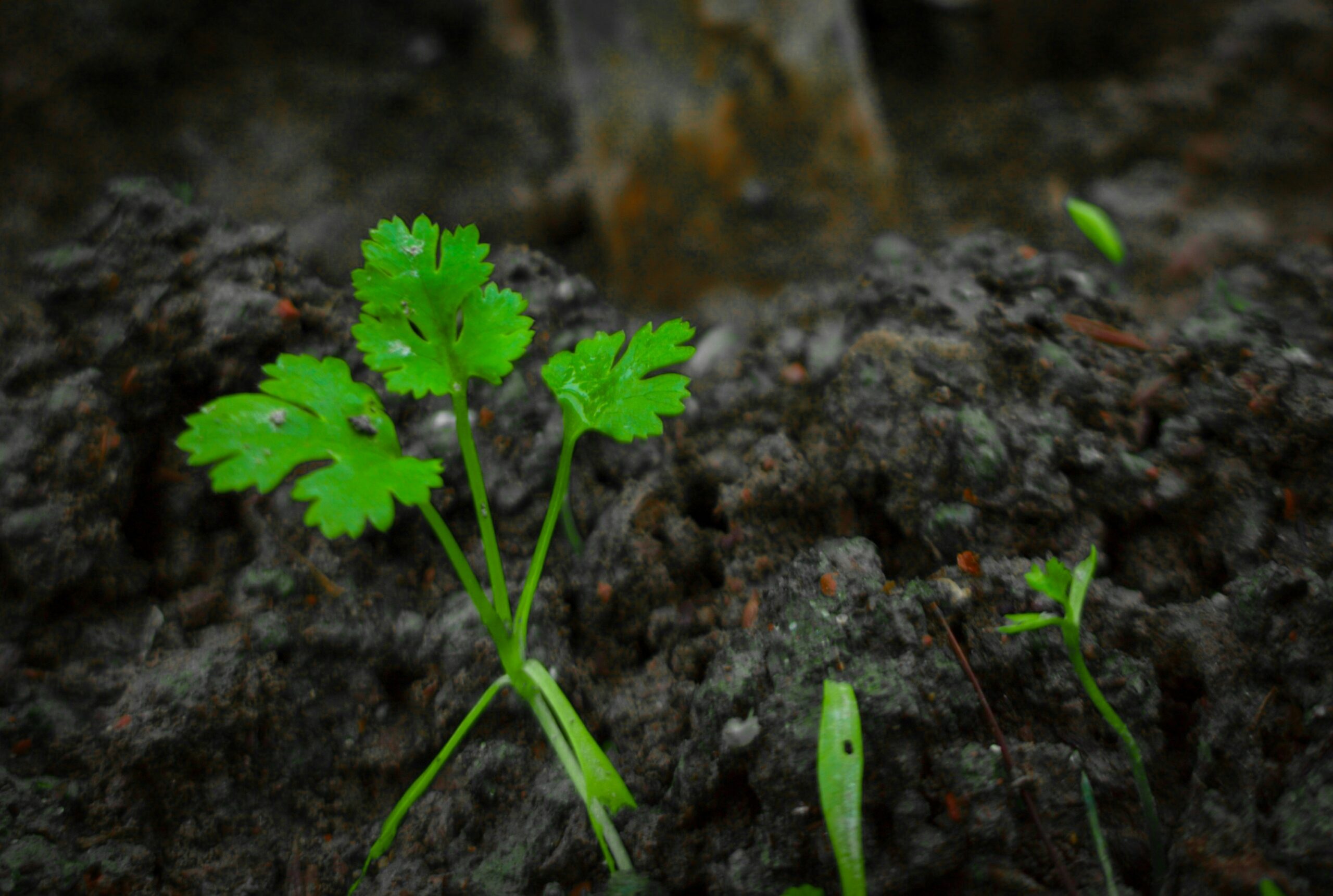
While the dried parts of cilantro can season dishes, this leafy ingredient offers much more than that. Cilantro is used for both culinary and medicinal purposes. This annual plant was known as an antibiotic and a medicine in traditional remedies. Cilantro has health properties, which many studies confirm today. It influences the brain and other systems in the body. Coriander contains a variety of nutrients and bioactive substances. For most people, coriander is safe to eat — but there are a few exceptions where caution should be exercised. Discover more about this wonderful multi-functional plant.
There are a lot of names for the plant. It is known as cilantro if they harvest the plant while green and use its leaves. The name coriander applies to dried fruits. Cilantro, coriander, or Chinese parsley![]() is an herb used mostly for seasoning. It can also serve as an apothecary component due to its healing powers. The herb is often touted as a wonder plant, although few professional Western practitioners employ it. Coriander is a plant that has many uses in the realm of medicine. Please find out about its unique features that you should capitalize on.
is an herb used mostly for seasoning. It can also serve as an apothecary component due to its healing powers. The herb is often touted as a wonder plant, although few professional Western practitioners employ it. Coriander is a plant that has many uses in the realm of medicine. Please find out about its unique features that you should capitalize on.
Some of the parts of coriander and, perhaps even more representative, their extracts have antioxidant capacity. It suppresses more free radicals and acts as a repelling agent against oxidative stress. Hence, a diet enriched with coriander may help. The oxidative impact of coriander is specifically active for the liver![]() . Long-term use of coriander can decrease the level of active agents in the liver and plasma, thereby minimizing damage to this organ. A coriander ethanolic extract was as effective as an antioxidant drug in one of these studies.
. Long-term use of coriander can decrease the level of active agents in the liver and plasma, thereby minimizing damage to this organ. A coriander ethanolic extract was as effective as an antioxidant drug in one of these studies.
Research data on coriander are numerous and prove the broad spectrum of its antimicrobial activity. It was found that including all doses of coriander extract in drinking water and certain amounts of coriander powder in the diet reduced the content of Escherichia coli![]() in microflora populating intestines significantly. Coriander extract in drinking water also resulted in a substantially controlled infectious bronchitis. Topical coriander can also decrease the effects of fungal diseases. Coriander oil was tolerable, with few reports of itching and burning. As a result, coriander could serve as a potential treatment for different pathogens.
in microflora populating intestines significantly. Coriander extract in drinking water also resulted in a substantially controlled infectious bronchitis. Topical coriander can also decrease the effects of fungal diseases. Coriander oil was tolerable, with few reports of itching and burning. As a result, coriander could serve as a potential treatment for different pathogens.
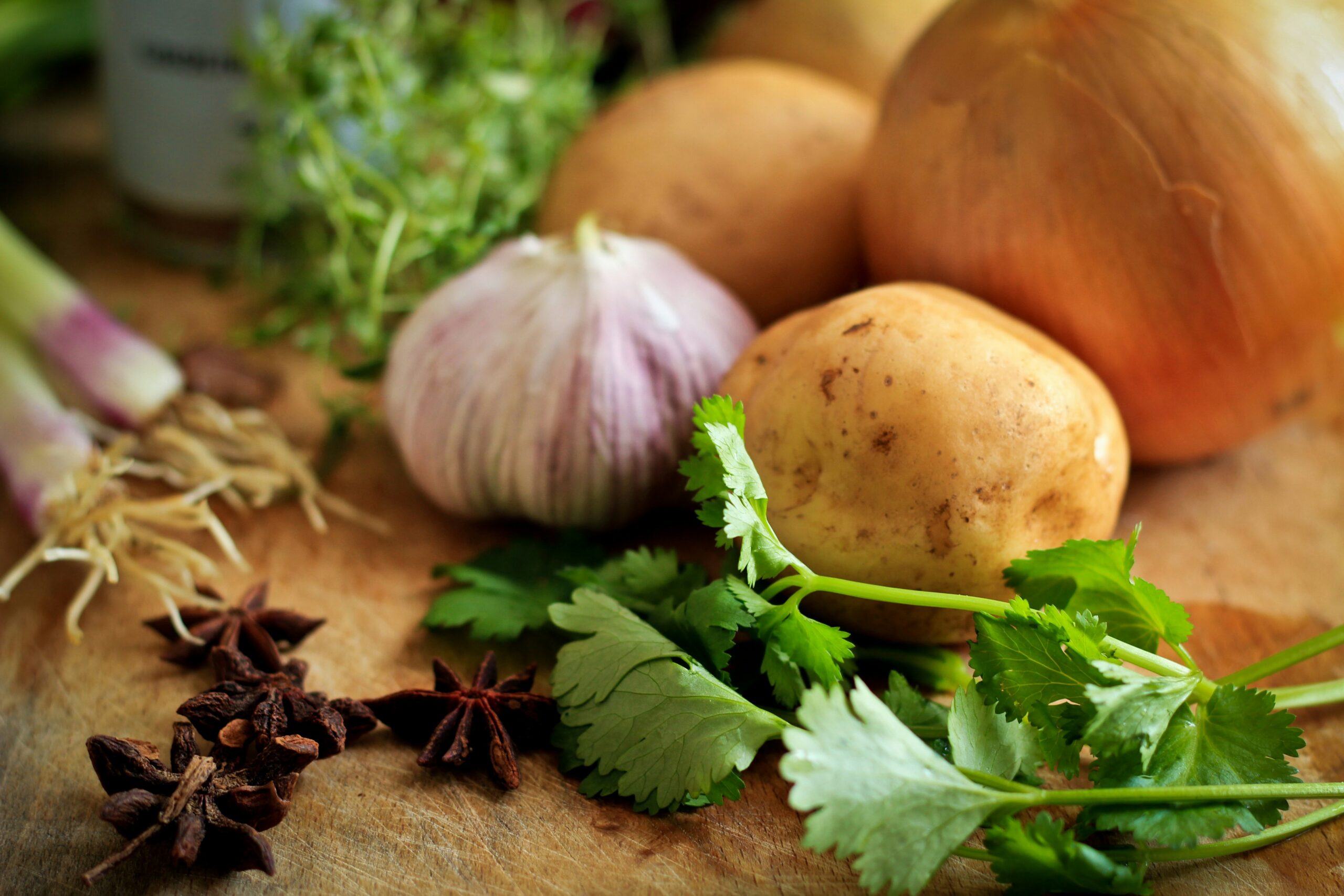
Due to the growing incidence of diabetes worldwide, more research has been conducted into possible medicinal plants that can be used for type 2 diabetes treatment. Scalable, affordable alternative treatments will be in demand. Cilantro has high potential. This plant can be a strong antiradical that protects the body against free radical damage in diabetes.
Previous research has shown that patients who consumed coriander had lower fasting blood sugar and a marked increase in serum levels of vitamins and some microelements. Just one hit of cilantro can drastically lower sugar levels. So, coriander can help keep blood sugar levels under control, which is great if you have diabetes or are at risk of getting this disease.
Some sources say cilantro could purify the human body and remove poisons, such as heavy metals or other toxic substances. However, although there is little scientific foundation for this, some studies support the beneficial action of cilantro on mercury![]() removal from the body. The well-known claim of the ability of coriander leaf to detoxify mercury remains extremely popular among the general public and some alternative practitioners.
removal from the body. The well-known claim of the ability of coriander leaf to detoxify mercury remains extremely popular among the general public and some alternative practitioners.
While it is extremely unlikely that a leaf, as suggested, could help you remove heavy metals from the body – there are hints that coriander leaf will reduce the absorption of heavy metals if dosed during exposure. Also, using the leaf before exposure may help protect the liver against certain toxins. Thus, no evidence exists that coriander leaf can expel heavy metals from the human body. Still, some preclinical data suggest that coriander leaf lowers toxin absorption and effects in advance or concomitant use.
Coriander seeds have long been used in digestive disorders as windbreaker and antispasmodic. Coriander has been used to help prevent griping, bloating, indigestion, and constipation. Sure, such results indicate that coriander seeds could serve as nourishment against different digestive problems in patients. Research also indicates that it could help treat Helicobacter pylori![]() infection. There are also proposals that the coriander seeds form a protective layer of compounds that may prevent the development of stomach ulcers.
infection. There are also proposals that the coriander seeds form a protective layer of compounds that may prevent the development of stomach ulcers.
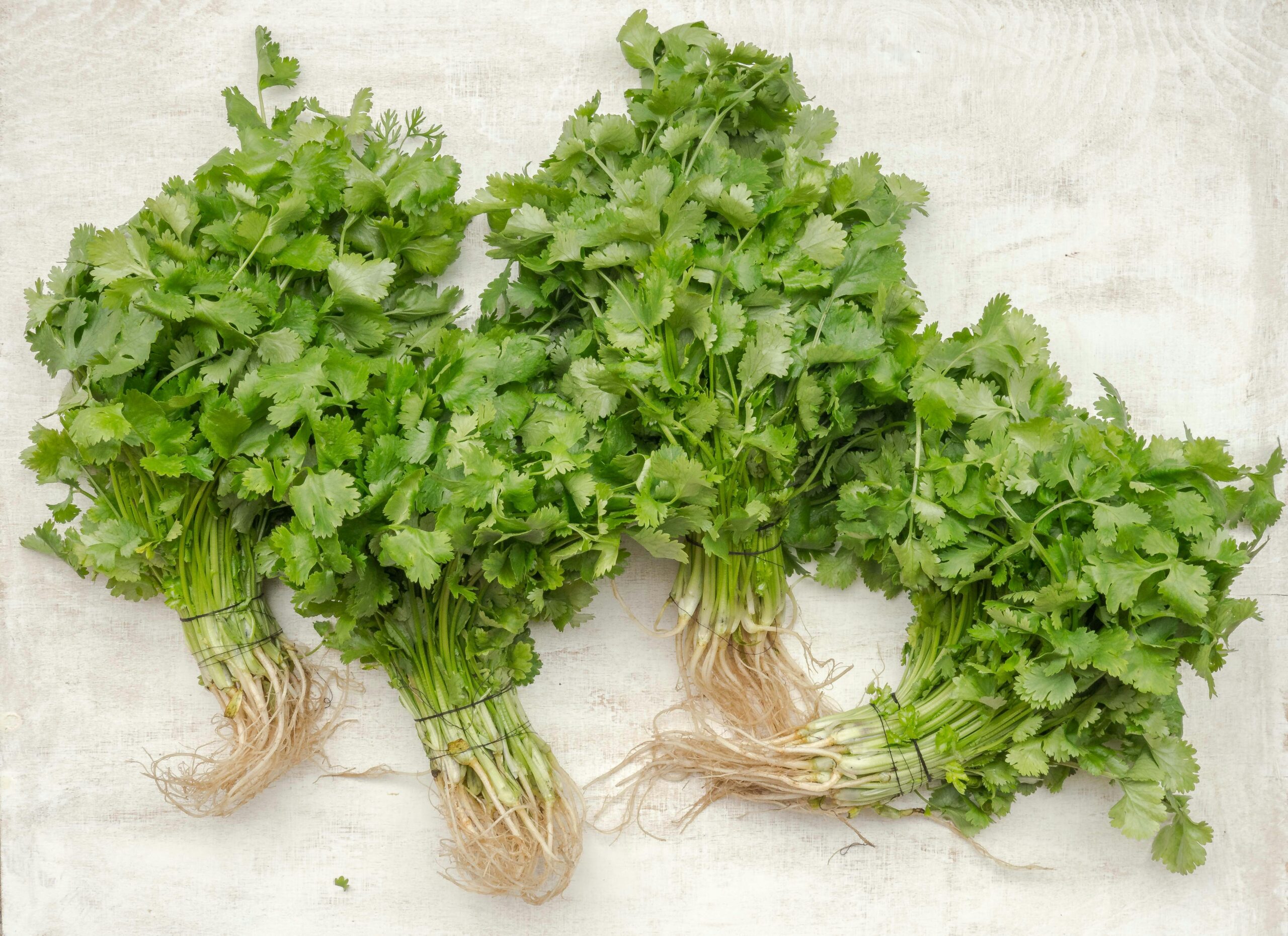
Coriander can also be applied topically on the skin, protecting it from several types of harm. As a result, this plant is also utilized in the cosmetics industry. Coriander oil is the most extensively employed, with a mild and aromatic scent. Research showed coriander seed oil effectively inhibited the growth of numerous skin disease-related bacterial strains. The oil is calming, helping treat individuals with sensitive skin. Coriander is also helpful in speeding up the process of wound healing. The former use of oil as a medicinal cosmetic, its low allergenic potential, is followed by a mild anti-inflammatory effect with antibacterial activity.
Several studies have also confirmed the sedative and anti-anxiety properties of coriander. They even contrasted the plant effects with the typical medication for anxiety disorders. The effects of coriander were comparable to some professional drugs. Coriander seeds have traditionally been used as an anti-anxiety and sedative in insomnia, thus suggesting their role in mind-calming![]() status.
status.
Besides, coriander seeds are helpful in many ways to relieve stress. In a separate study, memory was dose-dependently enhanced in mice following the administration of fresh leaves from the same plant. They also observed that the plant's seed extract decreased locomotor activity, indicating muscle relaxant activity.
Cilantro also plays an important role in supporting the nervous system, which is another plus for the brain. Coriander exhibits properties that might be relevant to neurodegenerative diseases. Coriander can counter the effects of allergies and has been shown in some studies to alleviate symptoms similar to those observed for Alzheimer's![]() . Bizarrely, this paper introduces the inhalation of coriander volatile oil. The authors concluded that coriander extract may alleviate the side effects of drug treatment for Parkinson's disease
. Bizarrely, this paper introduces the inhalation of coriander volatile oil. The authors concluded that coriander extract may alleviate the side effects of drug treatment for Parkinson's disease![]() . This is a neuroprotective effect, in which the body's neurons are protected from damage; coriander may auspiciously impact this as well.
. This is a neuroprotective effect, in which the body's neurons are protected from damage; coriander may auspiciously impact this as well.
So, what is the cilantro capable of? It has also been used for coriander seeds diuretics and in patients with kidney disease. Another natural coriander benefit would be its diuretic function, which helps purify the urinary tract from toxins and bacteria. The properties of coriander are thus highly useful in preventing and treating urinary UTI problems. Due to these properties, coriander helps the body to remove sodium and water, which can also help decrease blood pressure.
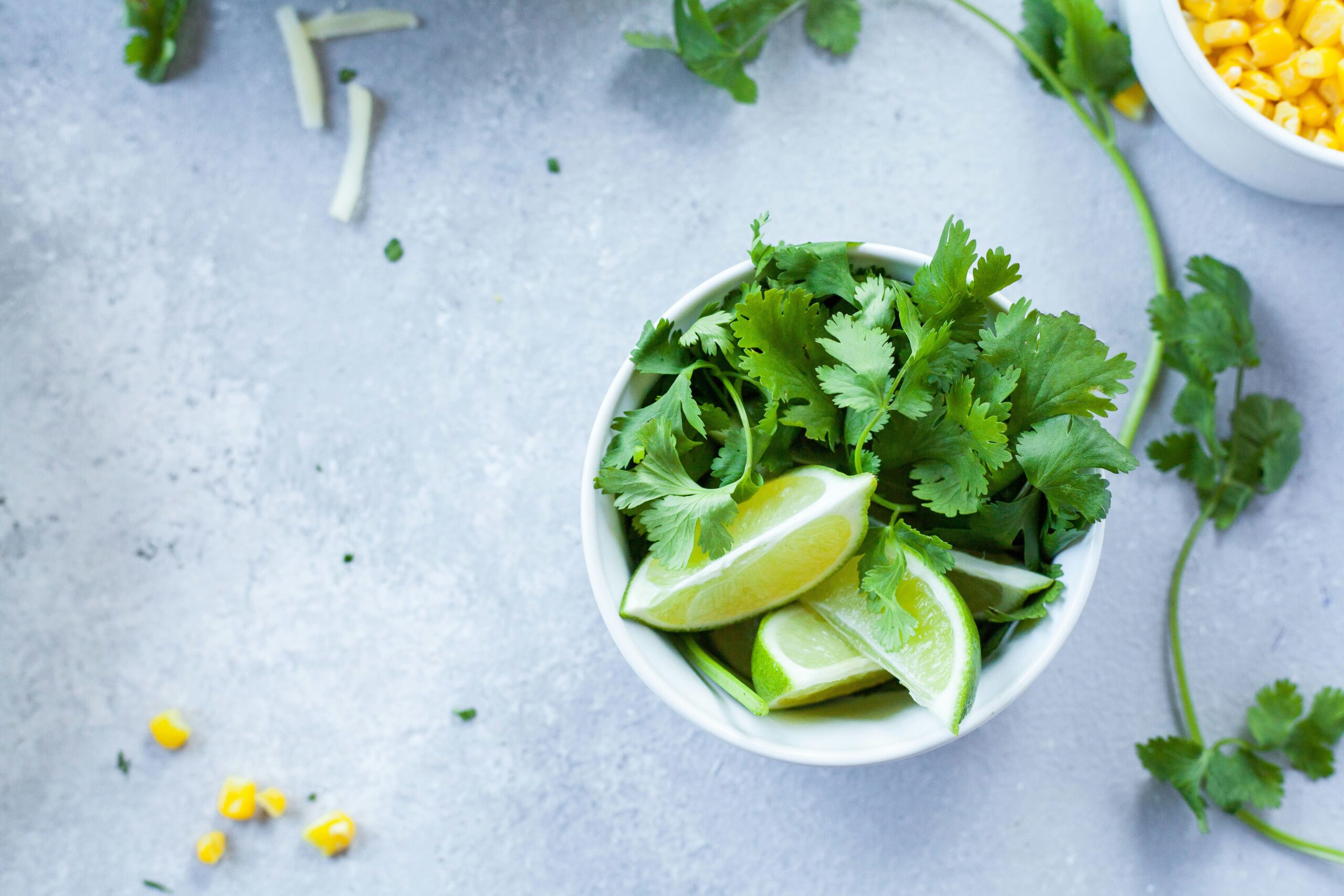
The ingredients of coriander depend on the part of the plant and how it is prepared. Furthermore, the variation in composition is related to variety, plant maturity at harvest, isolation method, and growth conditions. Fresh coriander (which can be used as a functional food) is available in high concentrations of numerous nutrients and biologically active constituents. However, seed oils and ground plants may bring many health benefits. Learn what different cilantro products are made of.
Coriander essential oil boasts antiseptic, anti-inflammatory, and antibacterial properties, to mention a few. Linalool![]() is the primary essential oil contained in coriander. The ingredient is a naturally occurring chemical common to many flowers and herbs. Less so with fresh or dried cilantro. The bulk of linalool can be found in the oil extracted from the seeds of your plant. This aromatic compound is also the main ingredient of coriander seed oil, making up 60%-70% of its composition. Coriander is known for its aroma and flavor due to the essential oils inside the plant.
is the primary essential oil contained in coriander. The ingredient is a naturally occurring chemical common to many flowers and herbs. Less so with fresh or dried cilantro. The bulk of linalool can be found in the oil extracted from the seeds of your plant. This aromatic compound is also the main ingredient of coriander seed oil, making up 60%-70% of its composition. Coriander is known for its aroma and flavor due to the essential oils inside the plant.
Coriander is comparatively richer in antioxidants. Natural antioxidants neutralize harmful free radicals in the body, which can accelerate aging and promote many diseases. Flavonoids are active antioxidants in cilantro. These constitute the most abundant and heterogeneous group of plant polyphenols. Quercetin![]() , one of the functional components for human physiological activities, is present in this species (among others). Coriander extracts also contain substantial amounts of flavonoids.
, one of the functional components for human physiological activities, is present in this species (among others). Coriander extracts also contain substantial amounts of flavonoids.
Fresh coriander leaves consist largely of water, but they can also serve as a source of protein. Also unusual for a spice, the whole plant has some protein (even its dried leaves). However, if you were to look at the protein in coriander leaves, they cannot be labeled as a good source of proteins. Coriander seeds are a more protein-rich option.
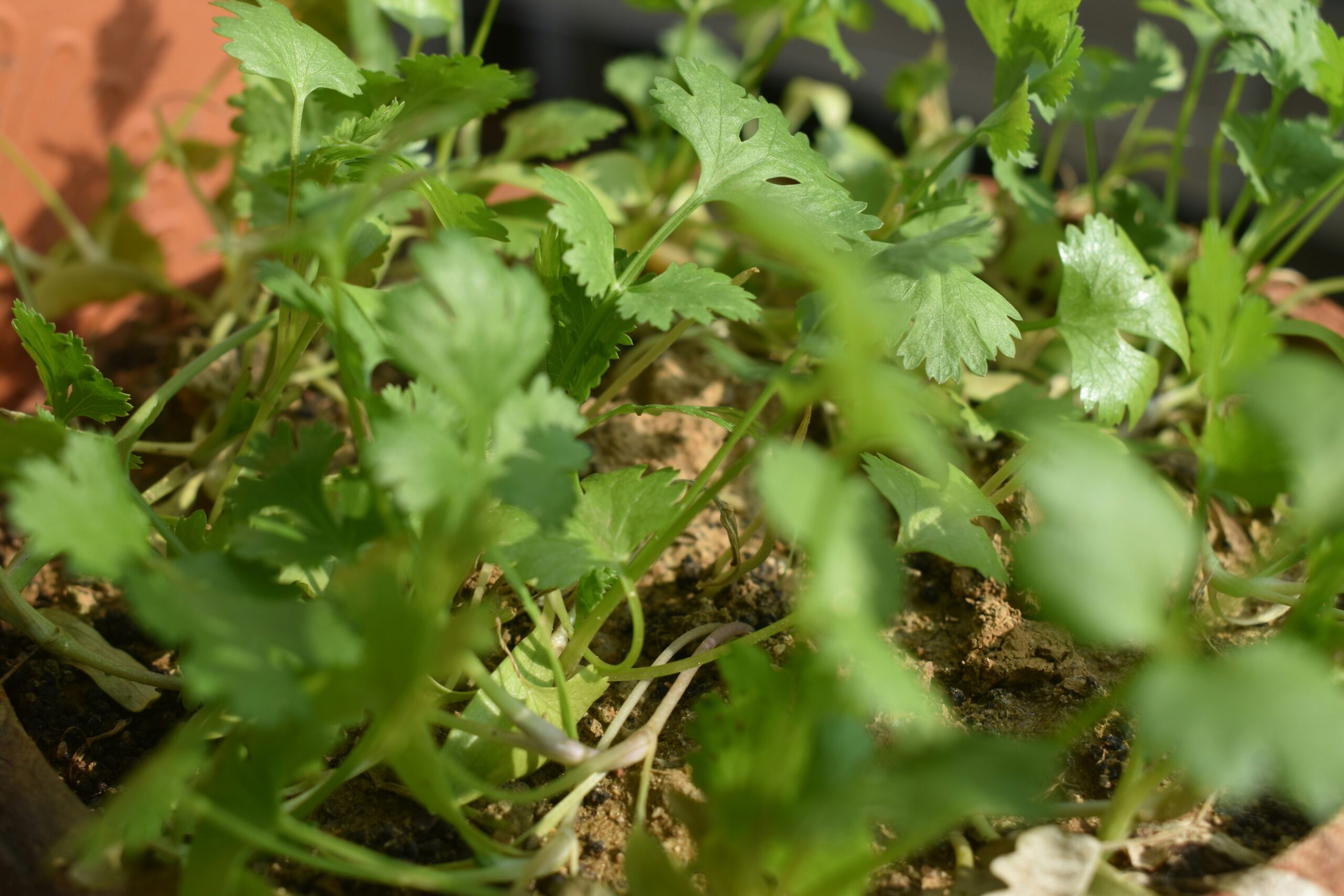
Fiber helps regularise digestion, and a good amount of fiber in coriander leaves helps improve intestinal health. Coriander seeds are also an additional source of raw fiber. Dried coriander leaves provide more of this essential component for your balanced diet than other spices.
There are also some vitamins present in fresh cilantro leaves. These are essential building blocks, and a deficit in any of these may bring health issues. So, you will be able to include cilantro in your healthy and balanced diet that supplies you with B vitamins and vitamin C, a natural antioxidant.
Cilantro also contains significant minerals. Other similar important components of human nutrition. It will help you provide small amounts of calcium, phosphorus, and iron when fresh plant leaves are used. But these are small amounts, so cilantro alone cannot satisfy daily demand.
Coriander can be considered safe! Still, every food product has safety laws that it adheres to. I don't know, for example, the excess is never good, even in healthy food, so we should stick to the dosages recommended by professionals, not to harm our health.
The use of coriander as a spice in various populations is less well-documented, though the daily intake of coriander among adult men in India has been reported at 1.37g![]() . However, coriander dosage for women and children has not yet been studied — this plant should be carefully dosed. Recommended amounts in traditional medicine are poorly defined (estimated 2 to 5 g/d
. However, coriander dosage for women and children has not yet been studied — this plant should be carefully dosed. Recommended amounts in traditional medicine are poorly defined (estimated 2 to 5 g/d![]() of seed powder and tea with 4 to 30 g
of seed powder and tea with 4 to 30 g![]() of seeds dissolved in water, 100 ml).
of seeds dissolved in water, 100 ml).
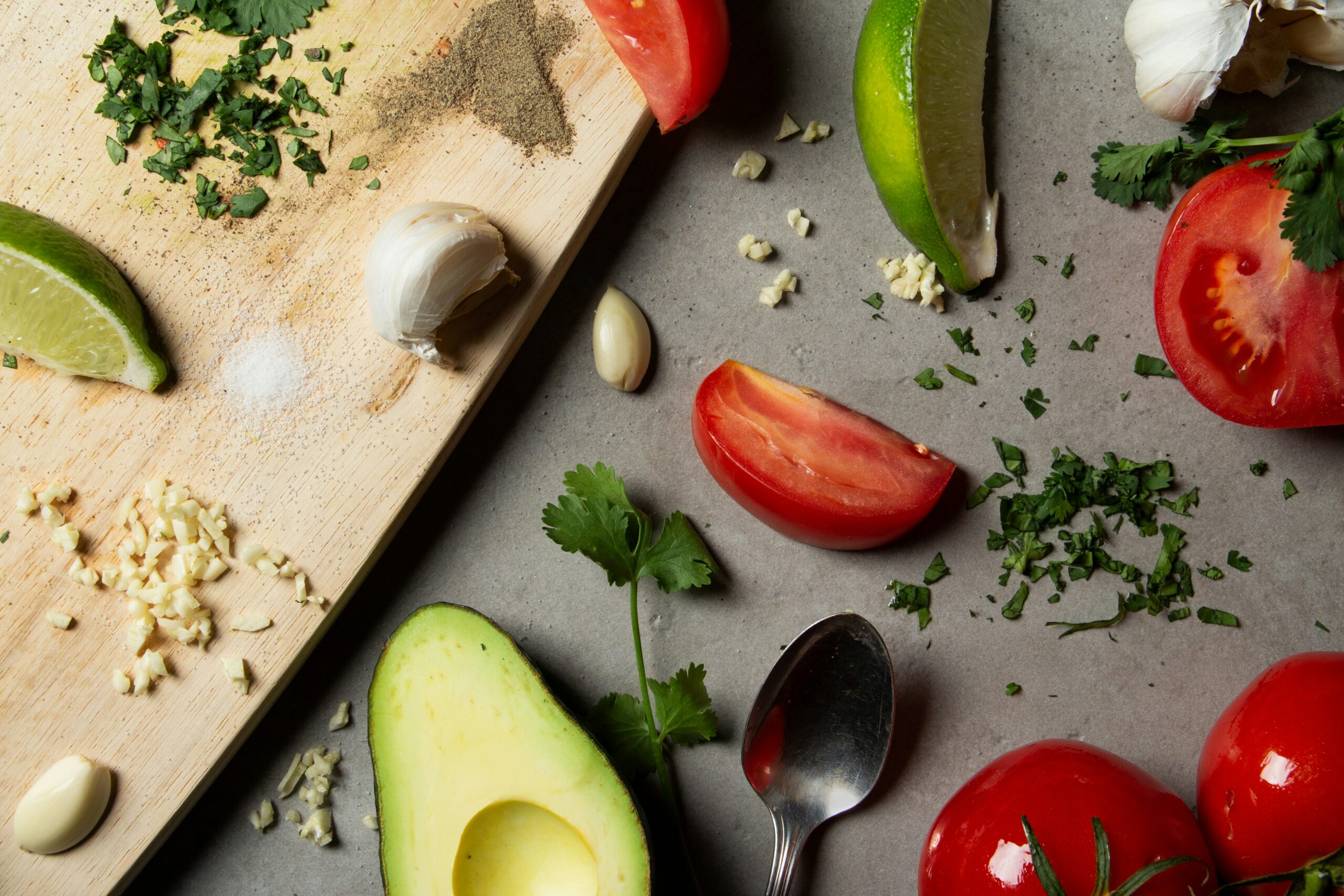
Conversely, several studies have been published on the safety evaluation of coriander essential oil. As coriander oil was non-toxic, the authors concluded that coriander essential oil is generally considered safe as a food additive at levels approved for present use. There have also never been any documented side effects associated with the historical use of coriander seeds and leaves, but caution should be used in some cases. You should consult your doctor or pharmacist first before using coriander.
Coriander, like any other food product, can give rise to a food allergy. Likewise, it can also cause allergies on the skin when applied topically. Nonetheless, if you are allergic to plants from the carrot family, such as fennel, dill, or caraway, an allergy to coriander can also develop, except those allergies are rare. The components of cilantro can also cause an allergy. Linalool is one of them and can be used in cosmetic oils and other products.
Special treatment for pregnancy and breastfeeding? They will because bad nutrition can lead to adverse outcomes for the woman and the baby. Although its average amount in food is still safe, and there is no safety evidence for pregnant or breastfeeding women, large doses of coriander should never be used as dietary supplements or therapeutic agents.